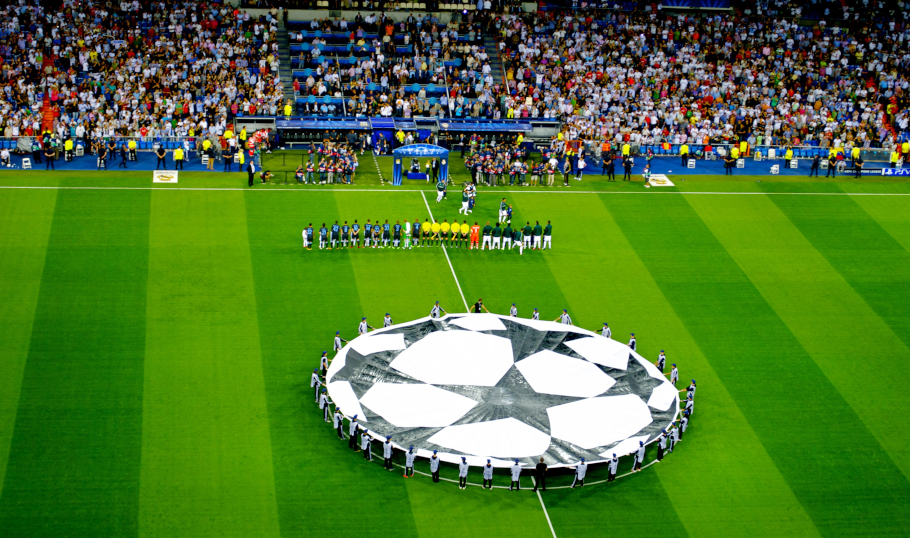The world of football transfers has evolved significantly over the past few decades, with the emergence of free agents playing a pivotal role in the dynamics of the market. Unlike traditional transfers that involve hefty fees paid between clubs, free agents—players who are out of contract and available to join a new team without a transfer fee—have introduced a new dimension to how clubs build their squads and manage their finances. This article explores the impact of free agents on the transfer market, their influence on club strategies, and the broader implications for the sport.
The concept of free agents gained prominence with the Bosman ruling in 1995. Named after Belgian footballer Jean-Marc Bosman, this European Court of Justice decision allowed players to move freely to another club at the end of their contract without a transfer fee, provided they are moving within the European Union. This landmark ruling empowered players by giving them greater control over their careers and contract negotiations, leading to the modern landscape where free agency is a crucial aspect of the football economy.
For clubs, signing free agents can be an attractive proposition from a financial perspective. Without the need to pay a transfer fee, clubs can allocate resources towards offering competitive salaries and signing bonuses, making it possible to attract high-caliber players who might otherwise be out of reach. This model allows clubs to enhance their squads without the financial burden associated with traditional transfers, especially in an era where transfer fees for top players can reach astronomical figures. Conversely, the influx of free agents can also present financial challenges. While the absence of a transfer fee can initially appear cost-effective, the competition to secure top free agents often results in increased wage demands and signing bonuses, which can strain club budgets. Moreover, the reliance on free agents can lead to imbalanced squad structures, where short-term solutions are prioritized over long-term team building.
Free agents also influence the competitive balance within leagues. Clubs with robust scouting networks and efficient negotiation strategies can leverage the free agent market to acquire experienced players who can immediately contribute to the team’s performance. This dynamic can benefit smaller clubs or those with limited transfer budgets, allowing them to compete more effectively against wealthier rivals. On the other hand, the competition for high-profile free agents can intensify inequalities, as wealthier clubs are often able to offer more lucrative contracts and additional incentives, thus perpetuating the gap between financially powerful and less affluent clubs.
For players, the free agent status provides significant leverage in contract negotiations. With no transfer fee involved, free agents can demand higher salaries and signing bonuses. They have the freedom to choose a club that aligns with their career goals, playing style, and personal preferences, enhancing their bargaining position. This autonomy allows players to seek better financial terms, more playing time, or specific career opportunities, which can lead to a more balanced and satisfying career trajectory. However, the free agent route is not without risks. Players who become free agents are often in a precarious position if they fail to secure a contract quickly. Extended periods without a club can impact their fitness, form, and market value. Furthermore, the uncertainty associated with free agency can be stressful, particularly for players in the later stages of their careers or those without a strong reputation. Clubs are also cautious about signing free agents who might be perceived as having reached the end of their peak performance years or who have a history of frequent injuries.
The broader implications of the free agent phenomenon extend to the football transfer market as a whole. The rise of free agency has encouraged greater fluidity in player movement, making the transfer market more dynamic and unpredictable. It has prompted clubs to adopt more flexible squad management strategies, balancing the acquisition of free agents with developing homegrown talent and securing key players through contract extensions. This evolution has led to a more complex and multifaceted approach to team building, where financial prudence and strategic foresight play critical roles.
As football continues to evolve, the role of free agents is likely to remain a significant factor in shaping the dynamics of the transfer market. Clubs and players must navigate the opportunities and challenges presented by free agency, balancing immediate needs with long-term planning to achieve success both on and off the pitch. The impact of free agents on the football economy underscores the importance of adaptability and innovation in a sport that is constantly changing.



